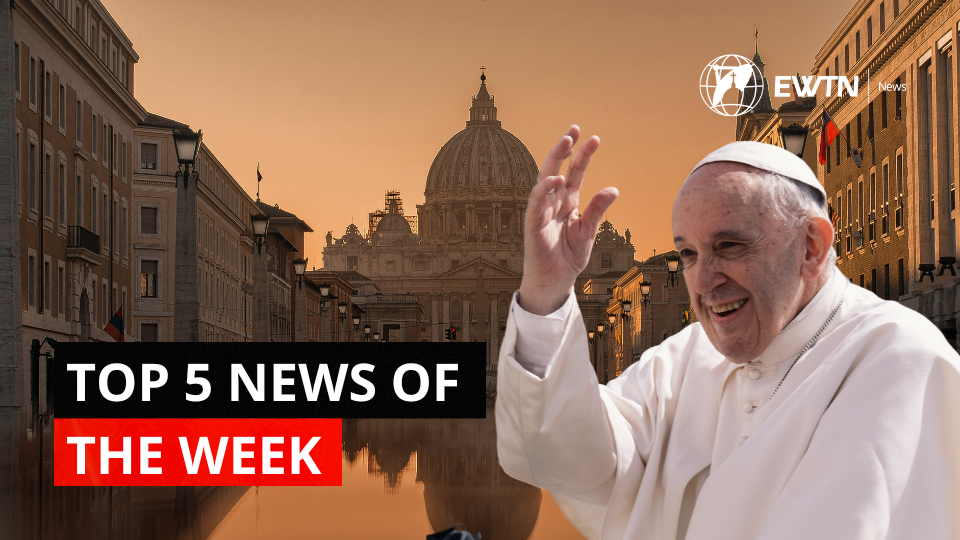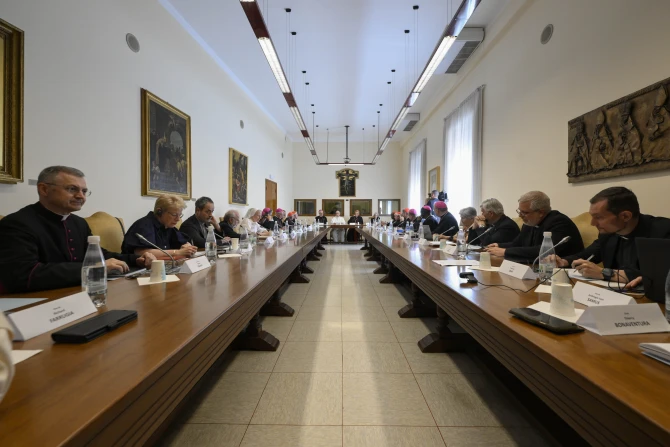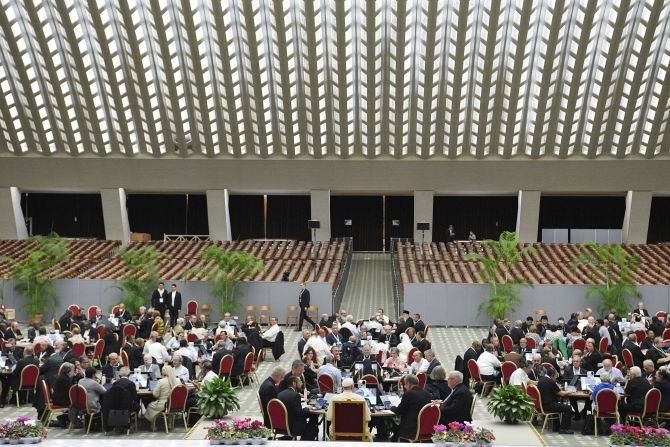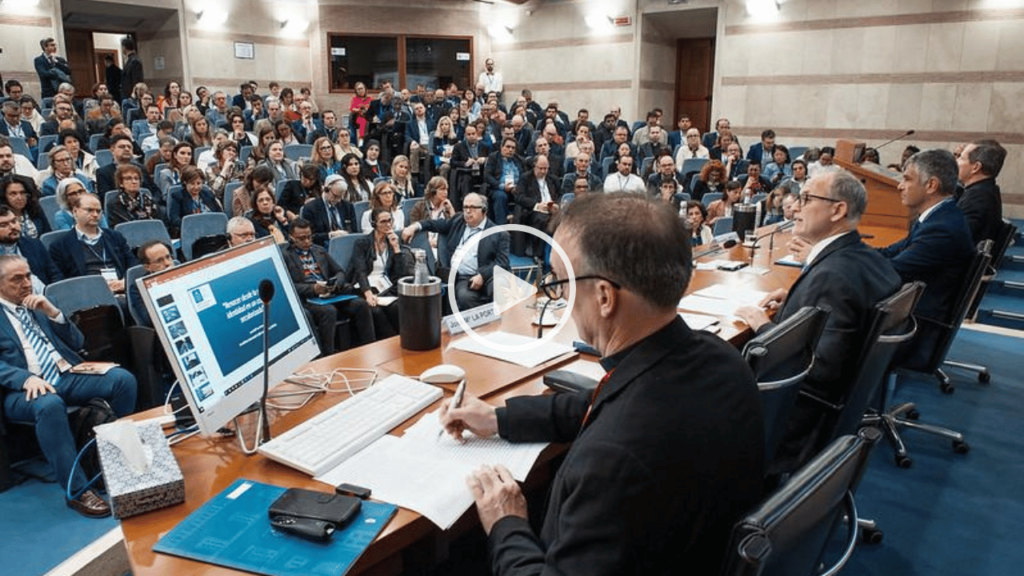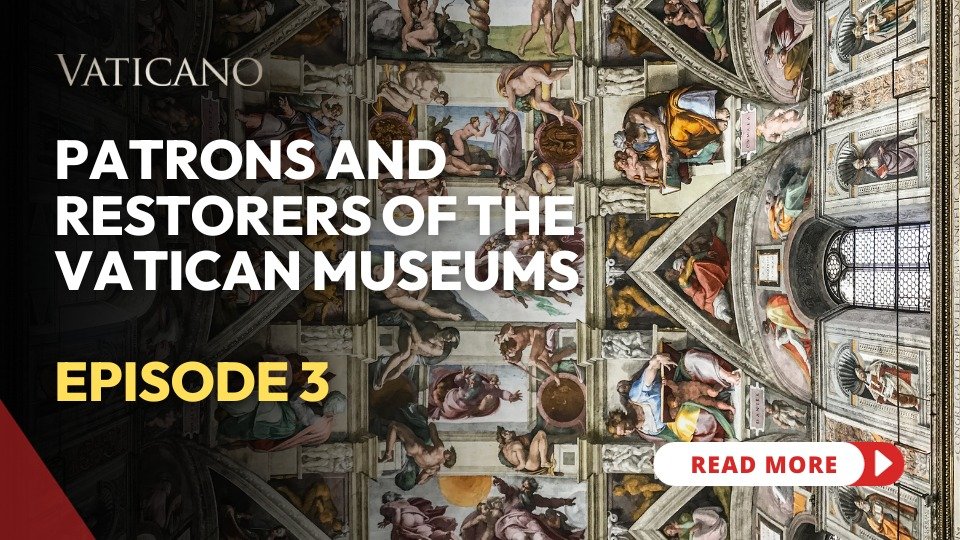Pope Francis Dedicates Lenten Retreat to Spiritual Exercises
Pope Francis recently dedicated the first full week of Lent to spiritual exercises, inviting cardinals living in Rome as well as the heads of dicasteries to participate in the retreat “in a personal way” from February 26 to March 3. During this week, the Pontiff had no official appointments, allowing him to fully engage in the retreat and deepen his spirituality.
This move is in line with Pope Francis’ emphasis on the importance of spiritual growth and introspection. The Pope has often spoken about the need for individuals to prioritize their spiritual lives and to connect with God in order to better serve others. The Lenten retreat provided a space for the Pope and other high-ranking members of the Vatican to do just that.
Centralization of Vatican Finances
In another recent development, Pope Francis has reaffirmed that the property and assets of the Holy See are “ecclesiastical public goods,” not private property. This comes in an apostolic letter on the “inherent right” of the Holy See to acquire temporal goods, which reinforces the Pope’s centralization of the Holy See’s finances.
This move towards centralization is part of the Pope’s ongoing efforts to address issues of financial mismanagement within the Vatican. In fact, in another recent announcement, Pope Francis said that Vatican trials for cases of grave financial mismanagement have become unavoidable in recent years. The Vatican is currently prosecuting 10 people, including Cardinal Angelo Becciu, on charges related to the institution’s finances. The trial, which began almost two years ago, is expected to conclude before the end of this year.
Ethics of Emerging Technologies
Pope Francis has also spoken about the need for the Church to evaluate the ethics of emerging technologies. During a speech to the Pontifical Academy for Life, the Pope emphasized the importance of ensuring that scientific and technological growth is responsibly reconciled with the values of conscience. He also warned that “technology cannot replace human contact.”
This emphasis on the need for ethical evaluation of emerging technologies is timely, as many new technologies raise difficult ethical questions. From artificial intelligence to genetic engineering, these technologies have the potential to transform the world in both positive and negative ways. The Church, under Pope Francis’ leadership, is working to ensure that these technologies are used responsibly and in accordance with ethical principles.
Miracle Approved for Beatification of Elisabetta Martinez
In a final development, the Holy Father has approved a miracle to advance the cause of canonization of Elisabetta Martinez, an Italian nun and founder of the Congregation of the Daughters of Santa Maria di Leuca. The miracle involved the healing of an unborn baby girl in Rimini, Italy. Martinez died in Rome on Feb. 8, 1991, and was declared a venerable servant of God by Pope Francis in 2021.
This approval of the miracle is a significant step towards Martinez’s beatification, and is a testament to her spiritual impact on the world. Martinez’s work in founding the Congregation of the Daughters of Santa Maria di Leuca has had a lasting impact on the Church, and this miracle is further proof of her spiritual significance.
Overall, these developments show the wide range of issues that Pope Francis and the Vatican are currently addressing. From spiritual growth to financial mismanagement to the ethics of emerging technologies, the Church is working to address the challenges of the modern world and to uphold its core values.

